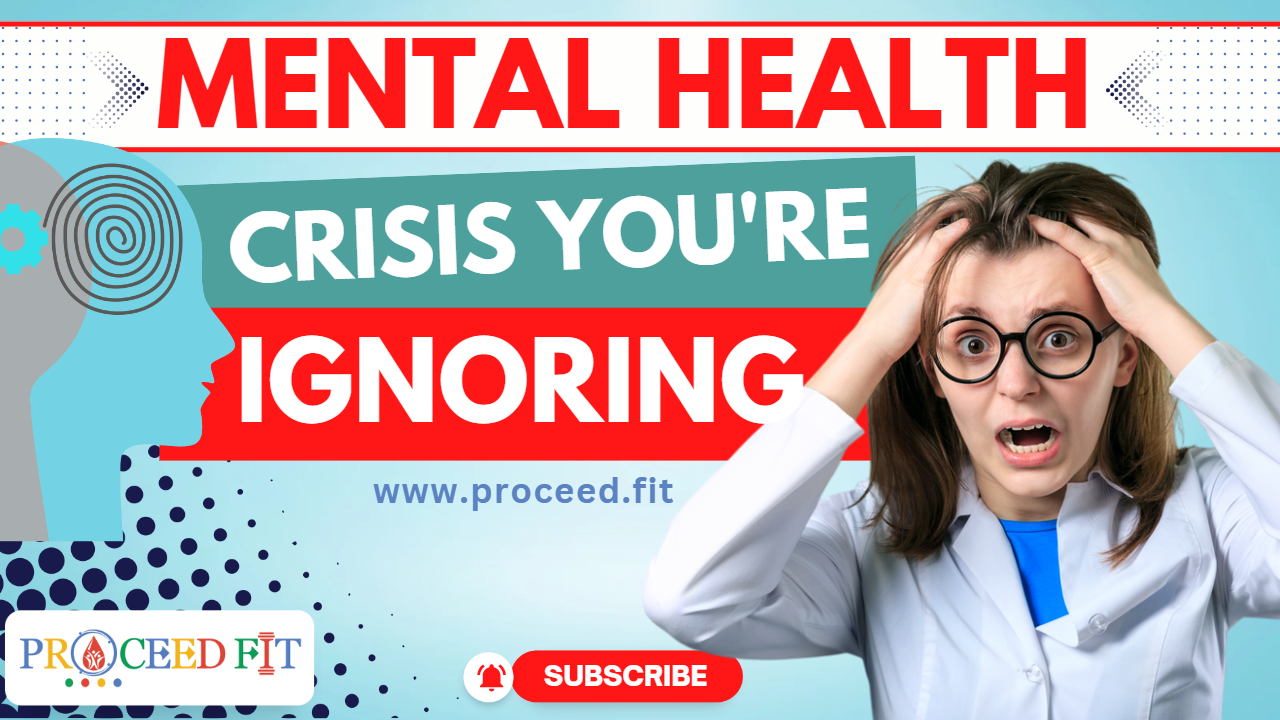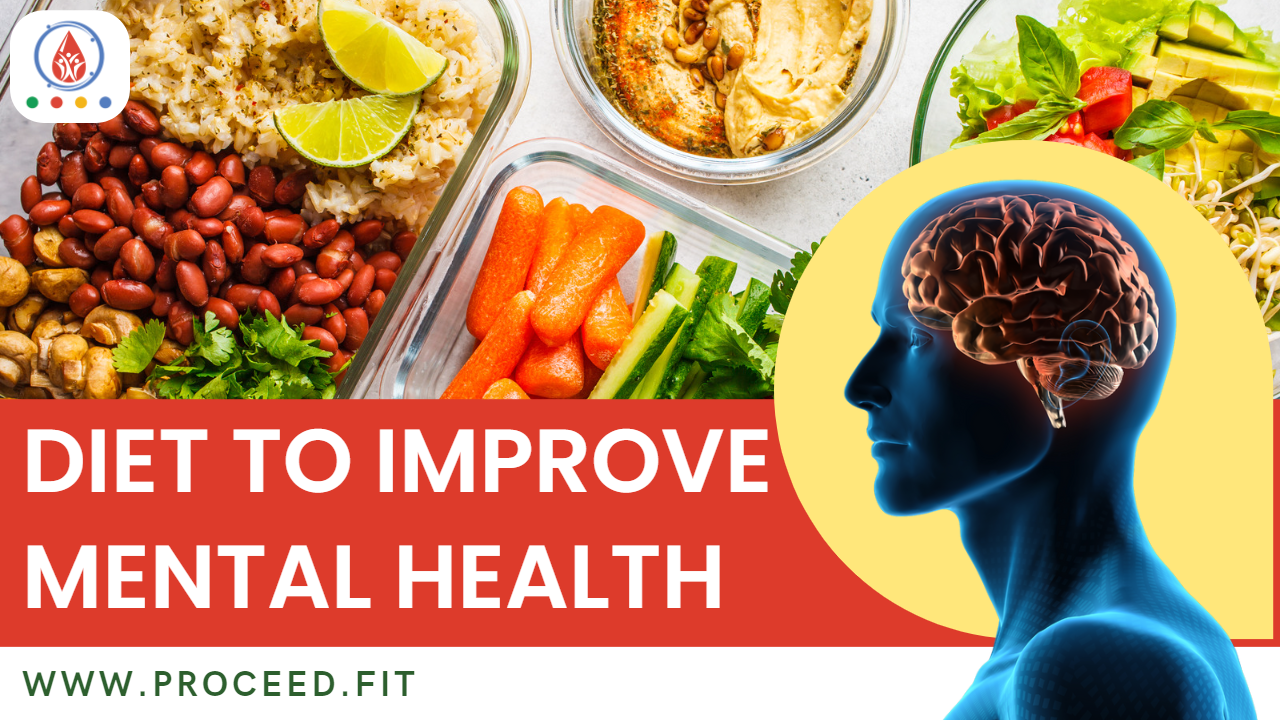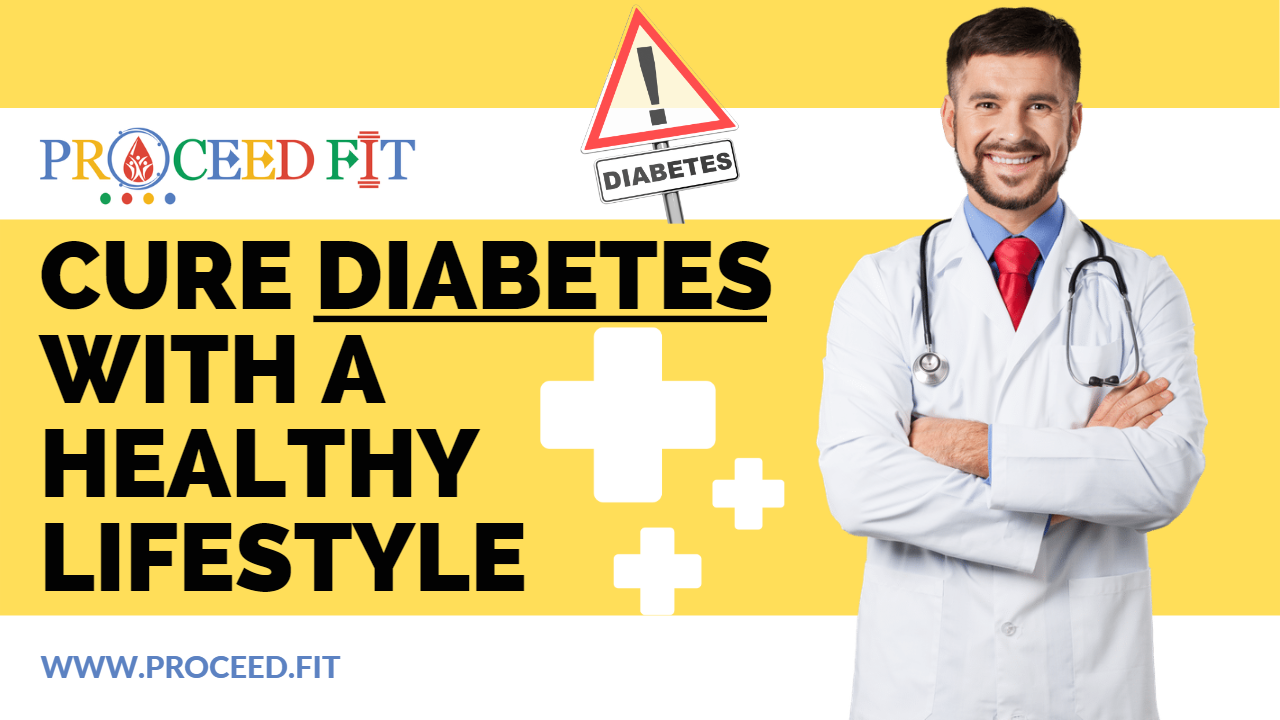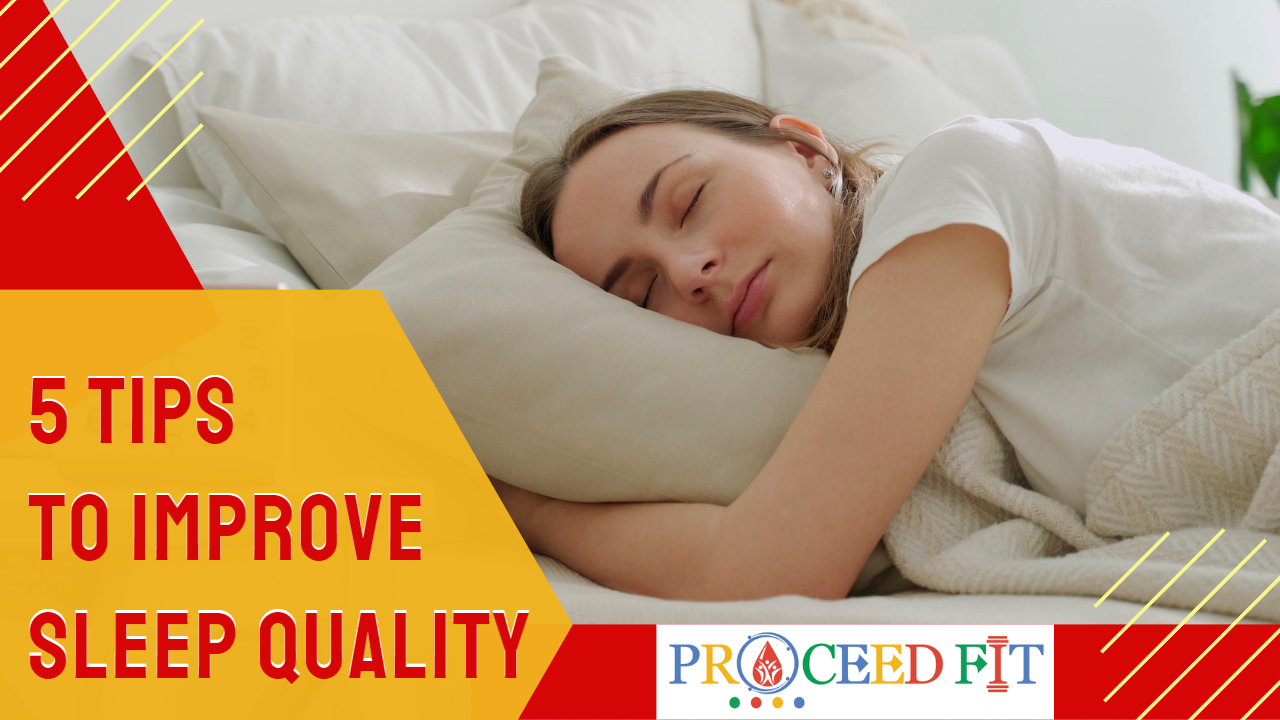
What is Anxiety
Healthcare Oct-08-2022 0Have you ever heard the phrase "Anxiety is the enemy"? Well That isn't always the case though.
Every person's experience of stress and anxiety can be extremely different.
It can be beneficial to feel a bit sweaty and more alert before a major presentation or problem-solving at work.
Subscribe now to get the latest health-related information on our youtube channel.
Here's everything you need to know about Anxiety.
Anxiety is a mental state in, which a person feels a variety of emotions at once, including trepidation, fear, unease, and concern, to name a few.
Physical symptoms including palpitations, headaches, upset stomach, chest discomfort, and similar ones are present along with this.
Numerous factors, including a person's environment, specific traumatic events, or anything the individual perceives as painful, might set this off.
When this anxiety lasts for a long time, it's necessary to take professional help.
A lot of people struggle with anxiety disorders, especially in today's society of constant stress. But the greater concern is that we mostly don't consider it as a problem. The majority of people who have anxiety disorders and those close to them frequently mistake it for simple mood swings and personality traits. However, it is important to remember that the symptoms should not be disregarded because prompt treatment can totally heal the patient.
Factors and causes of anxiety
There are several elements that are known to affect the severity. Anxiety cannot be caused by a single factor. The causes of anxiety cases frequently interact with one another or work in unison.
The following are contributing elements of anxiety disorders:
1. Personality traits
People who have anxiety problems constantly isolate themselves from other people because they see society as a dangerous place. The majority of people who suffer from severe anxiety have weak coping mechanisms and low self-esteem.
2. Environment
The environment also plays a role in the development of anxiety problems, a fact that many people are unaware of. A split from loved ones, financial difficulties, or other personal challenges concerning job or family life are examples of these situations.
3. Brain complexity
According to studies, certain imbalances and anomalies in a person's brain chemistry increase their risk of developing anxiety disorders. The majority of anxiety drugs on the market now aim to correct these chemical imbalances within the brain.
4. Traumatic experiences
Traumatic life events are also known to contribute to the development of anxiety. Traumatic life experiences include things like divorce, abuse, and death of a loved one. An individual might suffer great harm and depression as a result of traumatic events, which can lead to the emergence of anxiety disorders.
5. Hereditary
According to studies, anxiety problems are inherited. People with severe anxiety problems frequently have a history of mood disorders, drug misuse, and anxiety disorders. Anxiety problems are typically found in those who are also inherently sensitive to stress.
Let's now talk about some of the harmful physical effects that persistent anxiety may have. For instance, it might result in headaches, respiratory problems or shallow breathing, elevated blood pressure, idiopathic aches and pains, and overall fatigue.
Memory loss has also been related to chronic stress, particularly when it comes to short-term and spatial memory.
Insomnia : When you are always anxious, your mind is likely to be racing, keeping you up and unable to fall asleep. Your stress hormones are frequently amplified by anxiety, keeping your brain busy and wired even when you don't actually need to or want to be.
In order to achieve improved emotional well-being, there are several ways you might be capable of overcoming anxiety. You might try implementing the following strategies with the advice of your doctor.
1)Nutrition
According to research, the kind of meals and beverages you eat might affect your anxiety levels. According to one study, participants who drank more added sugar and saturated fat had higher levels of anxiety compared to those who consumed less of both.
Eating a diet high in fibre, fruits, veggies, and healthy fats, and low in processed foods is linked to better mood and easier management of mental illnesses including anxiety and depression.
Additionally, caffeine might make you feel more anxious. If you consume more than a single cup of coffee each day, consider reducing your intake or quitting entirely and see whether your anxiety decreases. Because there is caffeine in many teas, drinks, and foods (including chocolate), it's important to check nutrition labels and keep track of how much you're taking in.
2) Physical Exercise
Find a method to exercise that feels good for you; it really doesn't have to be an exhausting, protracted workout. Even a little 10-minute walk may lift your spirits.
Exercise can help you focus better, sleep better, and feel less stressed. For patients with anxiety and depression, many doctors recommend physical activity in addition to counselling and/or medicine.
3)Mindfulness
You can also try practising mindfulness, meditating, breathing deeply, and progressive relaxation of muscles as additional coping mechanisms to assist reduce anxiety. According to one study, those who used the mindfulness meditation approach significantly reduced their levels of stress and anxiety.
4)Be In Touch With Nature
Another method to reduce anxiety is to get in touch with nature. Going for a walk in the park or even just listening to nature noises might help you feel more connected to nature and improve your mood, according to studies.
Treatment
Along with other diseases including phobias, anxiety attacks, and social phobia may also be a sign of generalised anxiety disorder.
It's critical to understand that you're not alone: More than 30% of individuals may have an anxiety problem at some time in their life, making anxiety disorders one of the most prevalent mental health diseases.
It's critical to get treatment if anxiety is upsetting you or interfering with your daily activities. Typically, psychotherapy, medicine, or a mix of the two are used as anxiety treatments. Discussing your symptoms with your doctor will help you identify the best course of therapy for you.
Natural Supplements
You could get relief from stress or anxiety with a natural supplement. You can consider herbal medicine like Amoryn or making small dietary adjustments. Studies using Amoryn, have demonstrated excellent outcomes for 90% of patients with depression and 88.6% of patients with anxiety. The innate ability for pleasure in the brain is increased by the natural antidepressant amoryn.
Another all-natural substance that reduces anxiety and panic episodes is seredyn, which also helps you feel calm and in control throughout the day.
These natural supplements frequently yield fruitful outcomes in a little amount of time and are typically not habit-forming.
It might be challenging to come out of a vicious cycle caused by anxiety. Luckily, anxiety is easy to cure. Self-help techniques for overcoming anxiety can be beneficial, but it's also crucial to discuss your treatment choices with your doctor. You may keep in mind that your anxiety isn't preventing you from fulfilling your goals by taking action to improve.
Note : The information provided here is for general informational purposes only and is not intended to be a substitute for professional medical advice, diagnosis, or treatment. If you have any concerns about your health or are experiencing symptoms, it is important to consult with a healthcare professional. They will be able to assess your specific situation and provide you with personalised advice and treatment based on your symptoms, body type, allergies (if any), existing medical conditions etc. It is always a good idea to consult with a healthcare professional before making any decisions about your health.


_.png)
_.png)


_(1)_1.png)
_1.png)
_1.png)
_(1)_1.png)













Sorry! You can't submit a comment without logging in first. If you have a general question, please email us at [email protected]
0 Comments